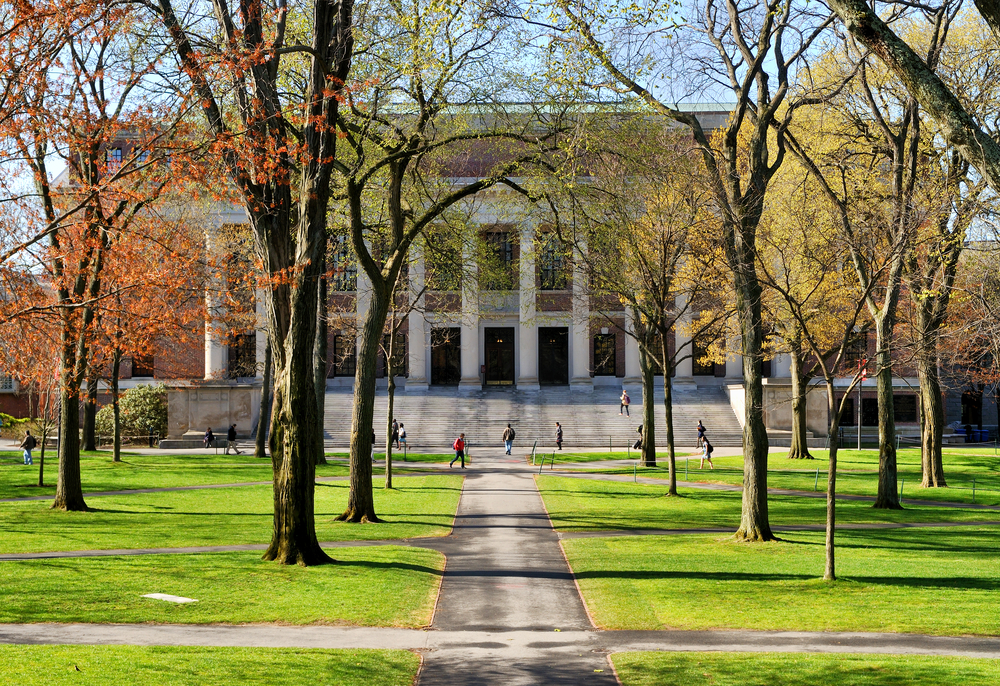by Carol Barash, PhD, Founder and CEO of Story To College
Between 2005 and 2011, the number of applications the average admissions officer was responsible for reading went from 359 to 622. To distinguish between many students who have strong grades and test scores, admissions officers rely on the application essay–while they simultaneously have less time to review each student’s work.
In our conversations with college admissions officers–from schools including Yale, Rochester, and Brandeis–Story To College has discovered a major gap between what colleges look for in applications and what students most often reveal. Here are our takeaways on what colleges are looking for in an applicant’s personal essay (sometimes it’s also called a “personal statement”):
1. A unique perspective
Students live in a world where “achievement trumps character,” according to Jon Burdick, Dean of Undergraduate Admission at the University of Rochester. Panelists at the College Board Forum in 2012 agreed, referencing recent cheating scandals at top high schools and colleges (Stuyvesant, Harvard) and their echoes in the news from business, finance, and journalism.
College admissions, on the other hand, is all about character–especially integrity. Colleges look for young people who work with a sense of purpose and commitment, not the student who does generalized “community service.” They look for students who have persevered through adversity, rather than people who make excuses or who expect other people to solve life’s problems for them.
Admissions officers look for students whose essays reveal their character and perspective through their real experiences, not contrived situations.
2. Authentic voice
Admissions officers say most essays they read are safe, generic and do nothing to make them remember or want to advocate for the students who wrote them. Admissions readers seek authenticity in students’ essays, the one place where they can hear students speak in their own voice.
Most students, however, fail to leave an impression–or worse, leave the impression that someone else wrote the essay for them. “We react negatively to anything that sounds 42 and packaged,” said Marcia Landesman, Associate Director of Undergraduate Admissions at Yale. Colleges are looking for students who are authentic and real; no one else can do that work for them.
It is more important that a college application essay sound like the applicant than the writing be polished like a critical essay in school.
3. Strong writing
Admissions officers do read for writing quality. Application essays should be error-free examples of the student’s best work. The consensus among admissions officers is that most students don’t spend enough time on their essays to make a real impact.
Successful college admission and scholarship essays are stories, not arguments. When we pushed admissions officers on what they meant by “strong writing” in our round-table, they revealed that they didn’t mean a slick, polished style. They said, “a compelling story.” The neuroscience of storytelling teaches us that if you can reveal your character through a compelling narrative, admissions officers form stronger connections with you through your writing.
Story To College draws on the neuroscience of storytelling to teach students how to write essays that admissions readers remember. Their courses and coaching are built around the Story To College Moments Method®, a revolutionary neuroscience- and performance-based curriculum designed to dramatically expand students’ writing and speaking mastery. To learn more, visit their website, storytocollege.com.
 Carol Barash, PhD, founder and CEO of Story To College and author of Write Out Loud, has taught over 10,000 students around the world–from first-generation college students to the children of bankers and CEOs–how to tell their stories and write essays that win admission and scholarships at selective colleges.
Carol Barash, PhD, founder and CEO of Story To College and author of Write Out Loud, has taught over 10,000 students around the world–from first-generation college students to the children of bankers and CEOs–how to tell their stories and write essays that win admission and scholarships at selective colleges.

